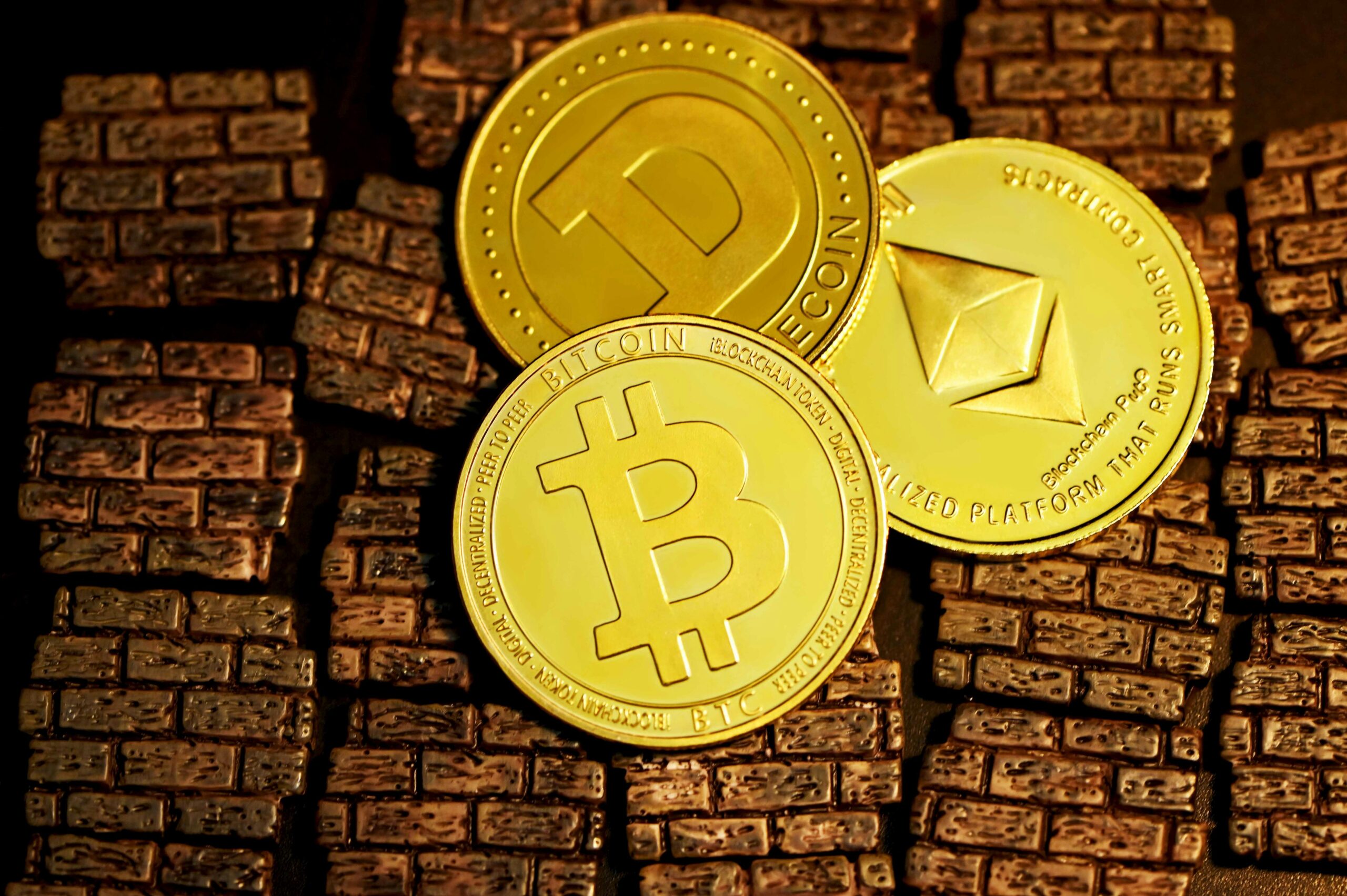
- calendar_today August 7, 2025
Even though GameStop is well-known for fluctuations in its stock prices, the company has set a significant precedent for other corporations, including those in Alaska. Recently, GameStop incorporated Bitcoin into its capital reserves. This bold decision represents a historic shift in corporate finance. More businesses in Alaska are beginning to focus on digital assets, not only for preserving wealth but also for diversifying their portfolios. So, how does this shift impact cryptocurrency investments in Alaska and across the U.S.?
GameStop’s Strategic Shift Towards Bitcoin
With digital game downloads and online retail continuing to grow, GameStop has struggled with declining in-store sales. The company has responded by reshaping its business model. GameStop became a focal point during the 2021 meme-stock saga, when its stock price surged dramatically due to retail investor interest.
On March 25, 2025, GameStop followed the example of companies like MicroStrategy and Tesla by announcing its decision to allocate a portion of its corporate capital to Bitcoin. The company also disclosed that its board of directors plans to issue $1.3 billion in convertible senior notes to fund the Bitcoin acquisition, according to Coindesk.
Why Did GameStop Choose Bitcoin?
GameStop selected Bitcoin from the various cryptocurrencies available for several reasons. The primary reason is to hedge against inflation. The U.S. has experienced a steady rise in prices, and Alaska has seen significant increases in housing and everyday goods. According to the Bureau of Labor Statistics, the Consumer Price Index (CPI) increased by 3.2% from February 2024 to February 2025. Bitcoin, often referred to as “digital gold,” is considered a safeguard against the declining value of fiat currency.
GameStop’s decision was also influenced by MicroStrategy, a business intelligence firm that has accumulated over 190,000 BTC. This investment significantly increased its market value, and GameStop is hoping to replicate that success.
Additionally, GameStop recognizes that many of its retail investors, particularly in Alaska’s growing tech and crypto communities, are interested in decentralized finance. By adopting Bitcoin, GameStop strengthens its appeal to these tech-savvy investors.
Finally, GameStop has been focusing on expanding its digital business through e-commerce and blockchain-related initiatives like NFTs. Acquiring Bitcoin fits well with these broader digital strategies and supports GameStop’s ongoing transformation into a more digital-forward company.
Immediate Market Reactions
The financial markets responded with volatility to GameStop’s announcement. GameStop’s shares (GME) initially rose by 9%, but within 48 hours, according to Reuters, the stock price dropped by 7.3%. Bitcoin’s price also saw a jump from $62,400 to $64,800 following GameStop’s investment, but broader market trends eventually stabilized the price.
Analysts in Alaska’s financial community remain cautious, referencing Tesla’s 2021 Bitcoin investment, which caused notable fluctuations in its financial reports. GameStop may face similar challenges as investors assess the long-term implications of this decision.
Implications for Cryptocurrency Investments in Alaska
GameStop’s Bitcoin investment is not just significant for the company, but also for businesses in Alaska. Its decision is likely to influence how companies in the state view cryptocurrency as part of their financial strategies.
First, GameStop’s move has strengthened confidence in Bitcoin as a corporate reserve asset. In 2023, only 8% of publicly listed U.S. companies held cryptocurrency. With GameStop joining companies like Tesla, MicroStrategy, and Block (formerly Square), this percentage is expected to grow. Alaska’s tech-driven industries and finance sectors may begin to consider Bitcoin as a viable long-term investment.
Second, this move could lead to fluctuations in the cryptocurrency market. Historically, Bitcoin prices have shown volatility when major corporations make Bitcoin-related moves. GameStop’s entry into the market caused a temporary rise in both its stock and Bitcoin prices, followed by a correction. As investors in Alaska and other regions evaluated the decision, volatility followed. Institutional investors in Alaska are divided, with some viewing the move as high-risk.
Third, GameStop’s investment is likely to lead to further scrutiny from regulators. The SEC (Securities and Exchange Commission) and CFTC (Commodity Futures Trading Commission) have already increased their oversight of digital asset-related financial activities. GameStop’s decision could prompt even greater regulatory oversight, affecting companies in Alaska that are dealing with cryptocurrencies.
Finally, GameStop’s ties to the gaming industry may influence Alaska’s own gaming and tech sectors. As Bitcoin becomes more widely accepted in the gaming industry, gaming companies in Alaska may begin adopting cryptocurrencies. With the increase in digital asset transactions, the use of Bitcoin in consumer transactions may rise, especially in sectors like entertainment, retail, and e-commerce in Alaska.








